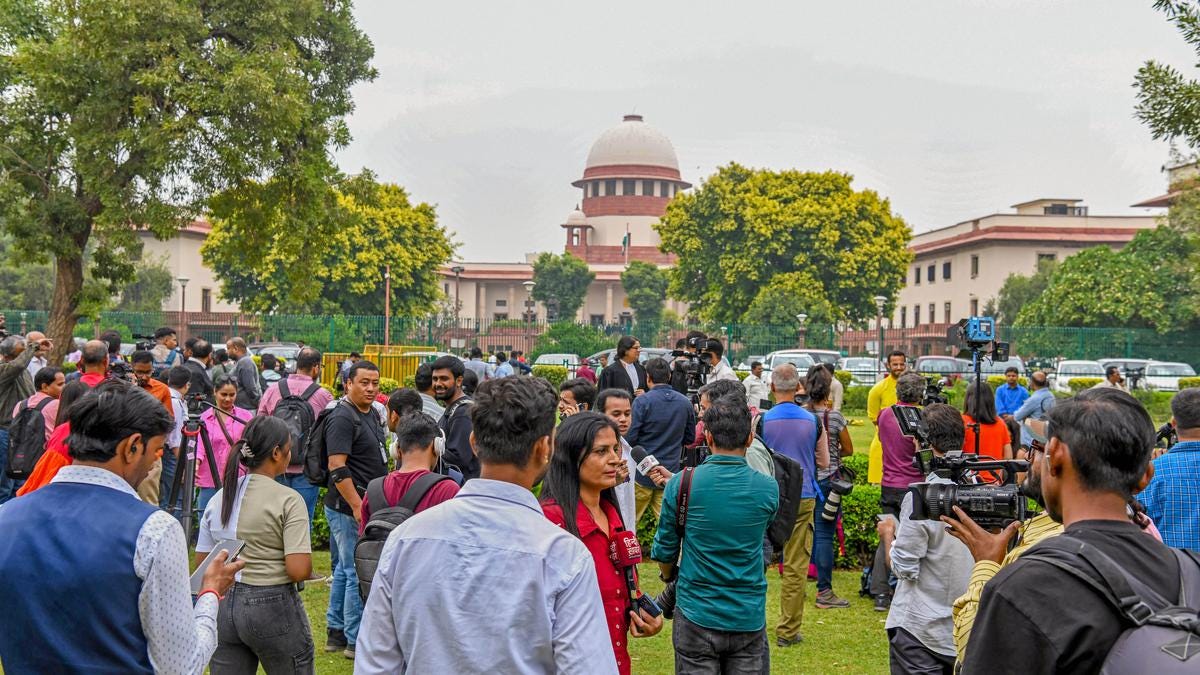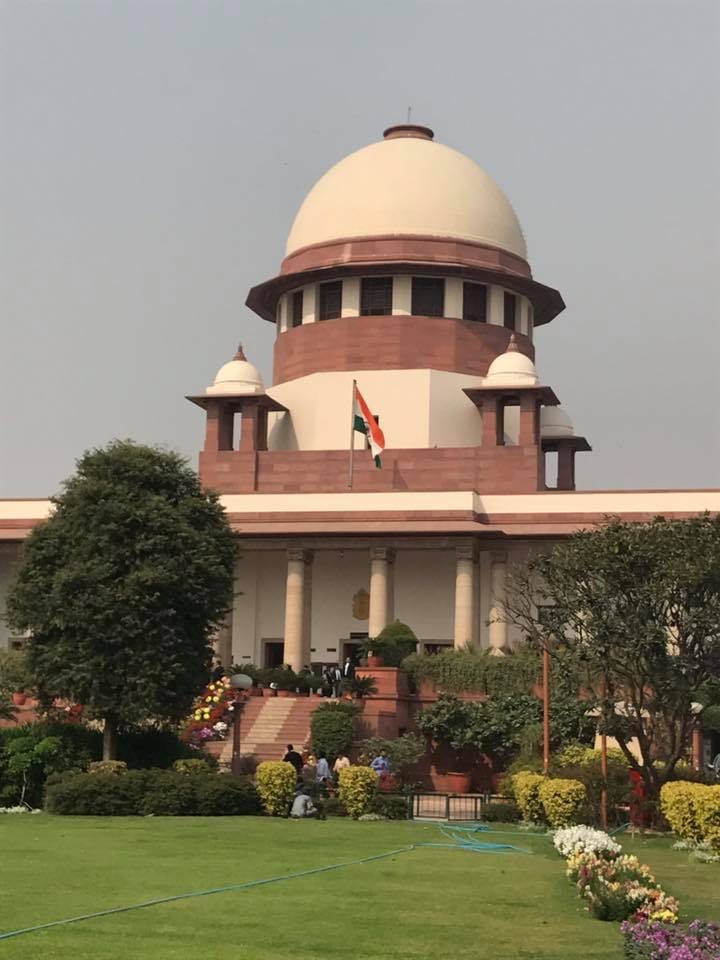Same-Sex Marriage Verdict (3-2): Supreme Court of India Refuses Recognition
Introduction: A Deferred Decision
In a landmark judgement delivered Tuesday (17th October, 2023), a 5-Judge Constitutional Bench of the Supreme Court of India refused to recognise same-sex marriages. The ruling emphasises that this is a matter for the legislature to address, thereby underlining the judiciary's limitations in altering social contracts and age-old traditions. The Court effectively deferred to Parliament, stressing the importance of a democratic process in achieving transformative social changes. Interestingly, the Supreme Court did record the Union Government's commitment to form a committee to examine rights and benefits that could be extended to queer couples. Although not groundbreaking, this gesture leaves room for future legislative intervention and indicates a measure of engagement with the issue at hand.
Existing Marriage Laws Remain Intact
Additionally, the Court did not strike down existing marriage laws, like the Special Marriage Act and the Foreign Marriage Act, for their failure to provide for same-sex marriages. The Apex Court did not find these laws violating any of the Fundamental Rights enshrined in the Constitution. This judicial restraint keeps the matter squarely in the legislature's domain, suggesting an implicit expectation for lawmakers to address the issue.
Rights for Transgender Individuals
The ruling also upheld the right of transgender persons in heterosexual relationships to marry under existing or personal laws. This reflects some progress in recognising transgender individuals' rights, indicating that the Court is not entirely opposed to broadening the scope of existing legal frameworks.
A Divided Stance on Adoption Rights
The bench was split on the subject of adoption rights for queer couples. While Chief Justice DY Chandrachud and Justice SK Kaul asserted that such couples have the right to adopt, Justices S Ravindra Bhat, Hima Kohli, and PS Narasimha upheld the existing Central Adoption Resource Authority (CARA) regulations which exclude queer and unmarried couples from adopting. This division (3-2) within the bench highlights the complexity and variety of views even within the judiciary on LGBTQ+ rights.
Progressivism vs Traditionalism
Chief Justice Chandrachud and Justice Kaul took a slightly more progressive stance by asserting that queer couples have a fundamental right to seek recognition for their unions. On the flip side, Justices Bhat, Kohli, and Narasimha held that in the absence of a statutory enactment, queer couples cannot claim such a right. This dichotomy indicates a broader societal debate mirrored within the judiciary, necessitating urgent legislative action for a unified stance, after wide consultations and due deliberation.
Contextualising the Judgement: Earlier Homosexulaity and Adultery Rulings
The Supreme Court of India made landmark strides in 2018 by decriminalising homosexuality through reading down Section 377 of the Indian Penal Code, as well as striking down Section 497, thereby decriminalising adultery. Both decisions marked significant progress towards a more inclusive and equitable legal landscape in the country. However, the Court's recent judgement on same-sex marriages underscores the limitations in its transformative approach. While the 2018 rulings showed a willingness to challenge outdated norms and laws—arguably a leap towards a more progressive and inclusive society—the recent decision highlights that the judiciary, although ready to discard regressive statutes, is cautious about establishing new rights, especially for marginalised communities such as the LGBTQ+. It reveals a reticence to extend full legal legitimacy to queer relationships, preferring to leave it to the Parliament for such substantive changes.
Final Thoughts
In summary, the Supreme Court of India has carefully navigated the intricate landscape of same-sex marriages, homosexuality, and adultery. While it had earlier taken progressive steps by decriminalising homosexuality and adultery, it has stopped short of legalising same-sex marriages. Instead, it deferred this responsibility to the legislative arm of the government, emphasising that existing marriage laws do not violate any of the fundamental rights enshrined in the Constitution. This decision underscores the judiciary's recognition of the complexities surrounding same-sex marriage, such as adoption implications and the sanctity of traditional marriage institutions.
In the current legal climate, what two consenting adults do in the privacy of their homes is no longer considered a criminal offence, although prostitution remains illegal. While the judgement may not satisfy all, it aligns with the prevailing sentiments of the majority and highlights the need for legislative action to effect more comprehensive social change.








